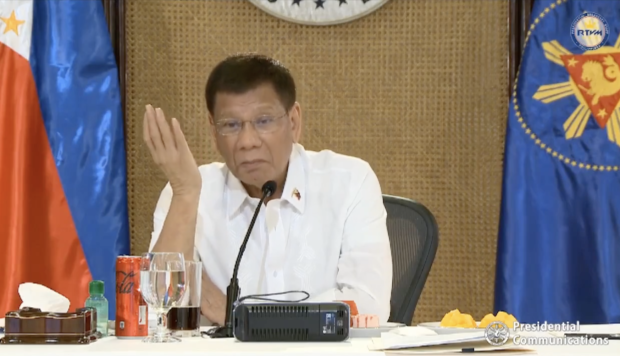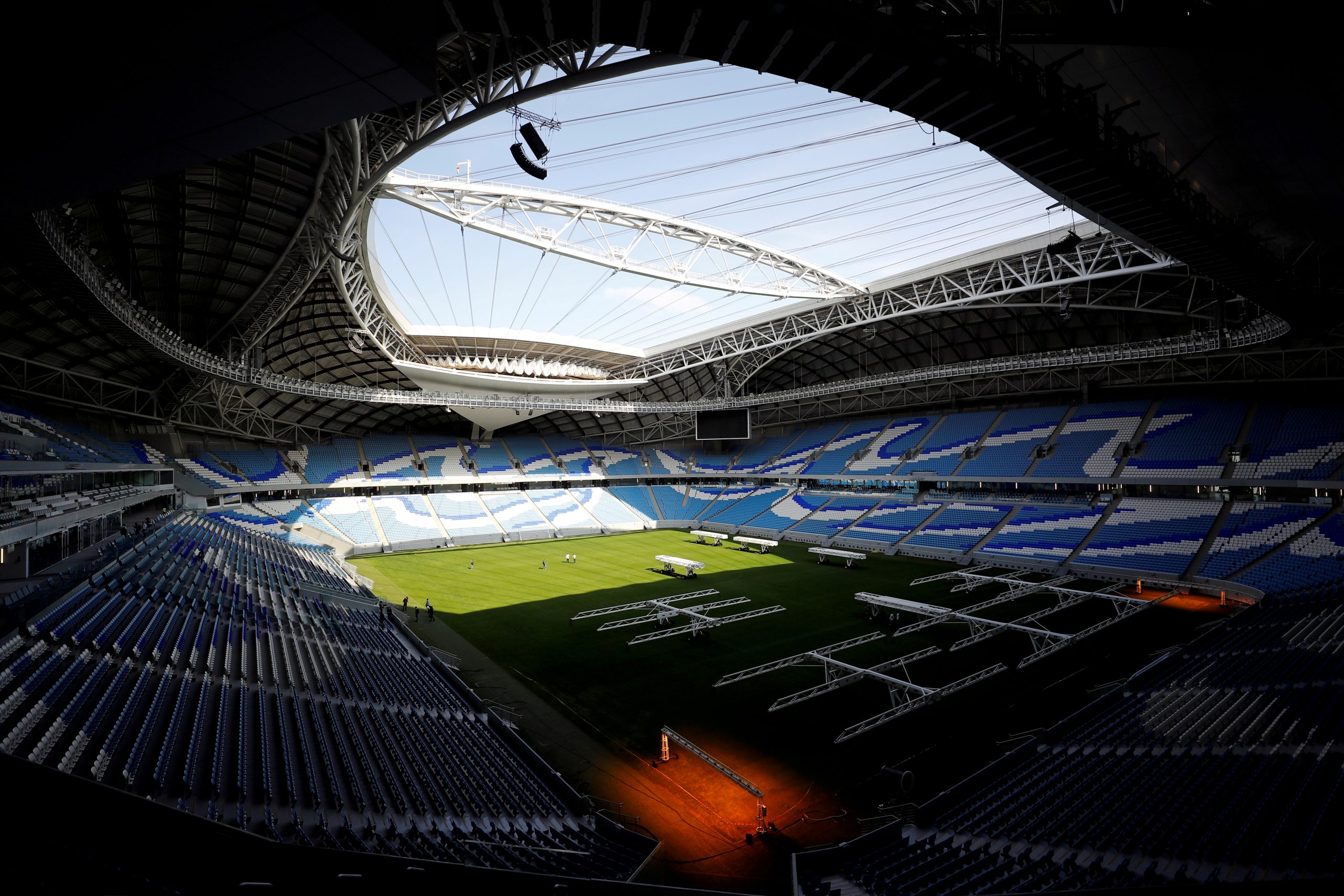ATTEMPTED UNION BUSTING
Exxon Beaumont Union Accepts Deal After Nearly Ten-Month Lockout
Barbara Powell
Mon, February 21, 2022

(Bloomberg) -- Union members, who’ve been locked out of Exxon Mobil Corp.’s Beaumont refinery on the Texas Gulf Coast since May, accepted the company’s latest contract offer Monday, people familiar with the vote said.
Approval by the union means Exxon and workers will now negotiate a return-to-work agreement for union-represented employees, ending the nearly 10-month lockout. Temporary workers have been running the refinery since May 1. The approval comes four months after members of the local United Steelworkers union resoundingly turned down a previous deal to end the labor dispute.
The new local contract makes Martin Luther King Jr. a paid holiday and amends some language including the makeup of a workmen’s committee.
Approving a new worker agreement removes uncertainty about having an adequately trained labor force at a time when Exxon is working to expand the 369,000-barrel-a-day site by 250,000 barrels. The expansion will add a new crude unit that could process light, low-sulfur crude from the Permian Basin by 2023, making Beaumont the largest refinery in the U.S.
Mon, February 21, 2022

(Bloomberg) -- Union members, who’ve been locked out of Exxon Mobil Corp.’s Beaumont refinery on the Texas Gulf Coast since May, accepted the company’s latest contract offer Monday, people familiar with the vote said.
Approval by the union means Exxon and workers will now negotiate a return-to-work agreement for union-represented employees, ending the nearly 10-month lockout. Temporary workers have been running the refinery since May 1. The approval comes four months after members of the local United Steelworkers union resoundingly turned down a previous deal to end the labor dispute.
The new local contract makes Martin Luther King Jr. a paid holiday and amends some language including the makeup of a workmen’s committee.
Approving a new worker agreement removes uncertainty about having an adequately trained labor force at a time when Exxon is working to expand the 369,000-barrel-a-day site by 250,000 barrels. The expansion will add a new crude unit that could process light, low-sulfur crude from the Permian Basin by 2023, making Beaumont the largest refinery in the U.S.
A six-year labor pact between the USW local and Exxon expired last February without a new collective bargaining agreement in place. The two sides continued to negotiate and the old contract at first remained in effect using 24-hour extensions. Exxon, which made it clear it wanted to control costs and have a flexible work agreement to maintain competitiveness, locked out the 650 union-represented members of USW Local 13-243 at the refinery and adjoining lubricant oil plant in May.
Erwin Seba
Mon, February 21, 2022

Exxon Mobil begins lockout of workers from Texas plant
By Erwin Seba
BEAUMONT, Texas (Reuters) -Union workers locked out of their jobs at a Texas oil refinery for nearly 10 months voted on Monday to accept an Exxon Mobil Corp contract offer, ceding to a key company demand that it have the right to determine plant assignments.
About 600 United Steelworkers union members at the 369,024 barrel-per-day (bpd) refinery and Mobil 1 motor oil plant were locked out May 1 to preclude a wildcat strike, Exxon has said. The Beaumont, Texas, facility has continued to run since with managers and temporary workers.
The contract allows Exxon to decide all assignments, an issue that led to a rejection vote in October. A quarter of assignments previously were determined by worker seniority. The contract also adds Martin Luther King Jr. Day as a paid holiday.
Exxon said it was "thrilled" by the vote, adding employees would return to work "as soon as safely possible." The contract was made effective from Feb. 1, 2021.
The six-year contract was approved by a vote of 214 to 133, according to USW International representative Bryan Gross.
"The membership decided to accept the offer after 10 months of a fight," Gross said. "The company started the lockout; they can end it at any time." USW local 13-243 intends to continue with an unfair labor practices complaint, Gross said. The USW has alleged Exxon imposed the lockout to force removal of the union.
Also to be decided is whether the USW will continue to represent the plant's hourly workers. The U.S. National Labor Relations Board (NLRB) oversaw a vote in November and December on removing the USW, a move sought by 30% of union members.
Before the Beaumont workers can return to work, the two sides must negotiate an agreement that sets rules for returning employees. Preliminary talks on the agreement began last week.
(Reporting by Erwin Seba in Beaumont, Texas; Editing by Shivani Singh)











